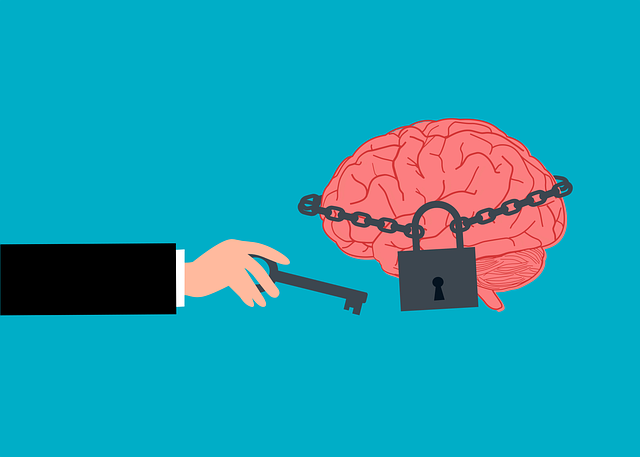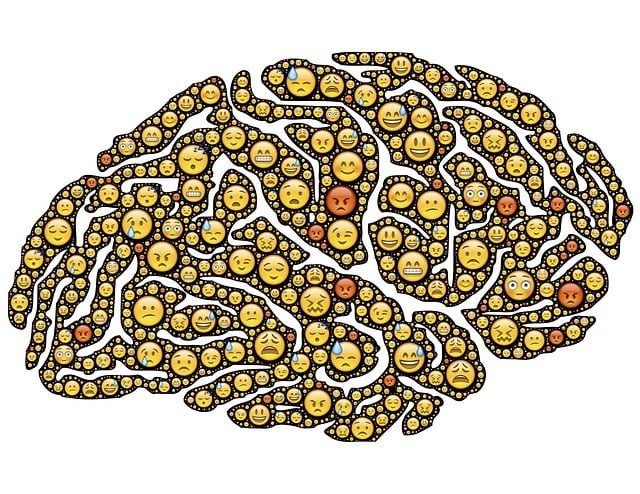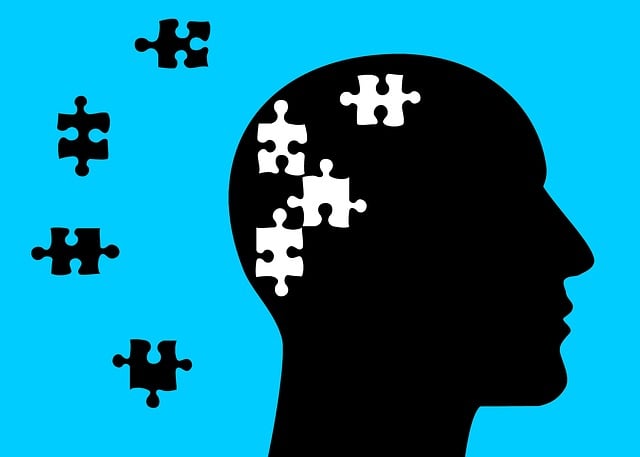Community outreach programs integrating Castle Rock Dialectical Behavioral Therapy (DBT) effectively address growing mental health concerns by understanding local dynamics and providing specialized compassion cultivation therapy. DBT's crisis intervention techniques enhance emotion regulation, distress tolerance, and interpersonal skills, fostering resilience and self-esteem. Success is measured through engagement tracking, retention rates, and symptom changes, using evidence-based assessments and feedback from participants and healthcare providers to drive sustainable positive community changes.
Community outreach programs play a pivotal role in enhancing mental health support, connecting services with those who need them most. This article explores the significance and implementation of such initiatives, offering practical insights for organizations aiming to improve community well-being. We delve into strategies for integrating Castle Rock Dialectical Behavioral Therapy (DBT) within outreach efforts, ensuring targeted and effective assistance. Additionally, we provide a framework for measuring success, emphasizing the importance of evaluating impact in mental health outreach.
- Understanding Community Outreach Programs: Why They Matter and How to Start
- Integrating Castle Rock Dialectical Behavioral Therapy (DBT) into Outreach Strategies
- Measuring Success: Evaluating the Impact of Community Outreach Programs for Mental Health Support
Understanding Community Outreach Programs: Why They Matter and How to Start

Community outreach programs play a pivotal role in bridging the gap between mental health services and those who need them most. In today’s world, where mental well-being is increasingly recognized as a public health priority, such initiatives are more relevant than ever. Castle Rock Dialectical Behavioral Therapy (DBT) serves as an excellent example of a successful community outreach program, focusing on providing specialized therapy to individuals dealing with complex emotional regulations.
To start implementing these programs effectively, it’s crucial to understand the local community’s unique needs. This involves assessing cultural and social factors that might influence mental health issues. By adopting compassion cultivation practices, which are at the core of DBT, therapists can foster a sense of belonging and create safe spaces for individuals to learn emotional regulation techniques. These initiatives not only promote emotional well-being but also empower community members with valuable tools to navigate life’s challenges, ultimately leading to more resilient and thriving communities.
Integrating Castle Rock Dialectical Behavioral Therapy (DBT) into Outreach Strategies

Integrating Castle Rock Dialectical Behavioral Therapy (DBT) into community outreach programs can significantly enhance their effectiveness. DBT, known for its successful application in crisis intervention guidance, offers valuable tools to support individuals dealing with emotional distress and promote self-esteem improvement. By incorporating DBT techniques into outreach strategies, organizations can better address the complex needs of their target populations.
This approach focuses on teaching skills to regulate emotions, tolerate distress, and improve interpersonal effectiveness. These emotional healing processes are crucial for fostering resilience and empowering individuals to navigate challenges more adaptively. Through group sessions, workshops, or one-on-one counseling, outreach workers can facilitate DBT to create lasting positive changes in the lives of those they serve.
Measuring Success: Evaluating the Impact of Community Outreach Programs for Mental Health Support

Measuring success is a vital aspect of evaluating the impact and effectiveness of community outreach programs aimed at providing mental health support. When implementing initiatives like Castle Rock Dialectical Behavioral Therapy (DBT), it’s crucial to establish clear metrics to assess both short-term and long-term outcomes. These can include tracking participant engagement, retention rates, and changes in mental health symptoms over time.
By utilizing evidence-based assessment tools and regularly collecting feedback from program participants and healthcare providers, organizations can gain valuable insights into the program’s success. This data enables them to identify areas of improvement and make necessary adjustments, ensuring that Burnout Prevention Strategies for Healthcare Providers are effectively integrated. Moreover, continuous evaluation contributes to fostering Mental Health Awareness and Mental Wellness within the community, ultimately leading to sustainable positive changes.
Community outreach programs, like Castle Rock Dialectical Behavioral Therapy (DBT) integration, are vital tools to enhance mental health support. By understanding their importance and effectively implementing strategies, we can create a more inclusive and resilient community. Measuring success through evaluation ensures these programs truly make a positive impact, fostering not just individual healing but also a broader, healthier society.











